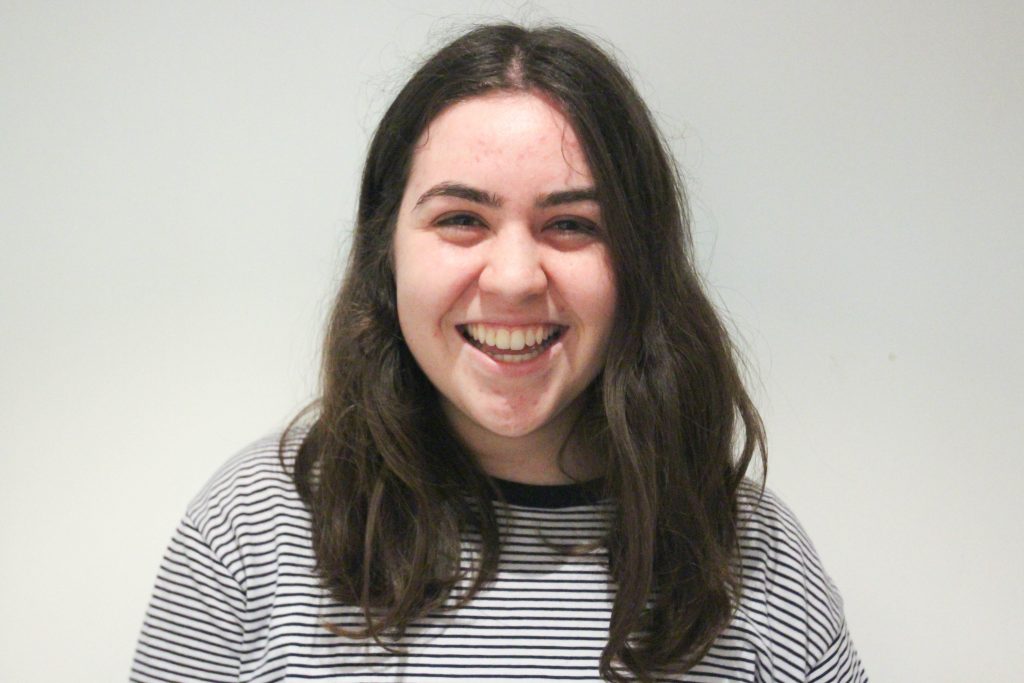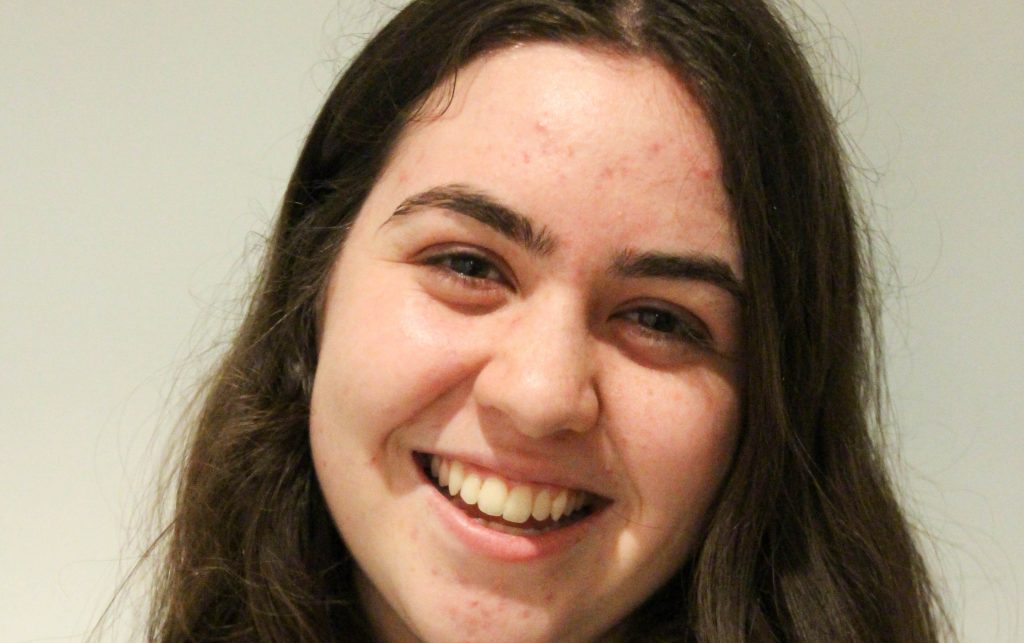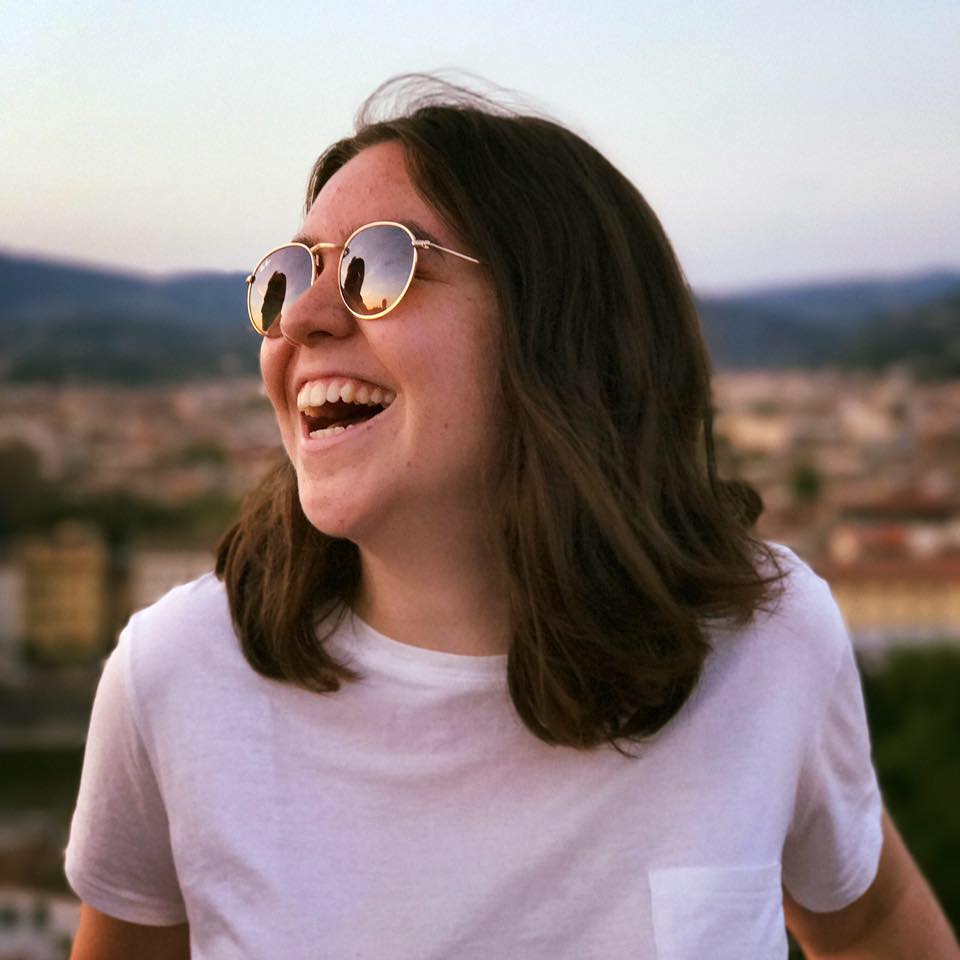Talia Pins is a 21-year-old history student at the University of Leeds. She first voted at the 2015 general election.
“I’ve always been really politically minded and had a real interest in politics. We were talking about the next general election and when it was going to be and then it suddenly dawned on me – the dates coincided and it was going to be the date of my 18th Birthday. I thought it was the coolest thing it in the world.
“I felt so grateful to have that vote. If I was born one day later I could have had to wait up to five years to vote again in a significant election, I think it fuelled my love for politics even more.
I Had Friends Who Were Devastated They Couldn’t Vote

Image Credit: Talia Pins
“I remember friends whose birthdays were a few days after mine and were devastated they couldn’t vote. I think it made my vote almost doubly important to me. For young people to have a voice is one of the most important things in politics.
“Young people are incredibly politically minded and there is a massive tendency to write my generation off and say we don’t care and I think that’s completely not the case. I think that politics and political activism manifest themselves in such a different way with us and maybe older generations aren’t seeing what’s happening online. There are other ways to get involved with politics, which I think young people really do take up that maybe just aren’t seen as much.
“I’m in my third year of university and, having been on campus for three years, me and my friends have political conversations every single day. We talk about it every day, but I do think a lot of it does go ignored, especially if you’re not openly political. You don’t have to be part of the politics society or loud on Twitter.
‘Every Vote Counts and People Forget That’

Image Credit: Talia Pins
“It was really exciting, I think that it had more gravity to the moment than I thought it would. I remember going down there with my mum and I gave them my postcode and they noticed it was my birthday and it was so exciting.
“I remember standing in the booth with my pencil, thinking ‘I’m actually voting’. When I was watching the count on television I was thinking ‘that could have been my vote’. Every vote counts and people sometimes forget that.
I remember standing in the booth with my pencil, thinking ‘I’m actually voting’. When I was watching the count on television I was thinking ‘that could have been my vote’.
“Especially as a woman, I’m aware that 100 years ago I wouldn’t have had this opportunity and that makes it even more poignant. Thinking about it as a human right makes it even more important and people today often don’t have that attitude. But there are people around the world who haven’t got a vote.
“I’m currently writing my dissertation about women in the 18th century in Britain and I’m covering female voices that weren’t heard. It’s fascinating reading about these women – they couldn’t politically use their voice, and these women were as intelligent as their male peers, despite their lack of education, and they had no say in running the country. That’s mind-boggling to think about when I just completely take it for granted. The coincidence of the dates really just opened my eyes to how important it was.”
On the 6th of February 1918, the Representation of the People Act received Royal Assent. For the first time, women were allowed to vote in elections. However, women could only exercise their rights if they were over 30 and met certain other requirements about property. It would be a further ten years before full suffrage was achieved.
All this week RightsInfo is sharing the stories of modern women and their right to vote. We all have a right to take part in free and fair elections – it’s part of our human rights.







